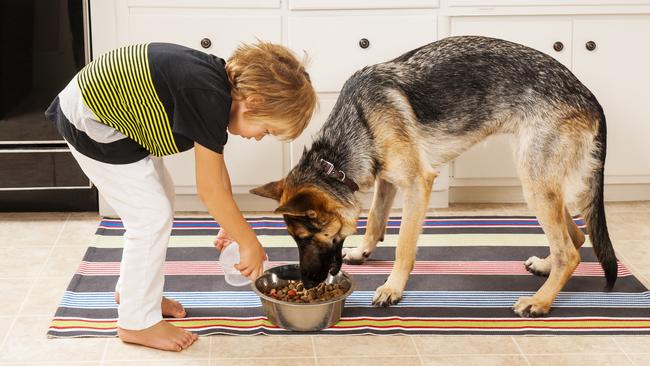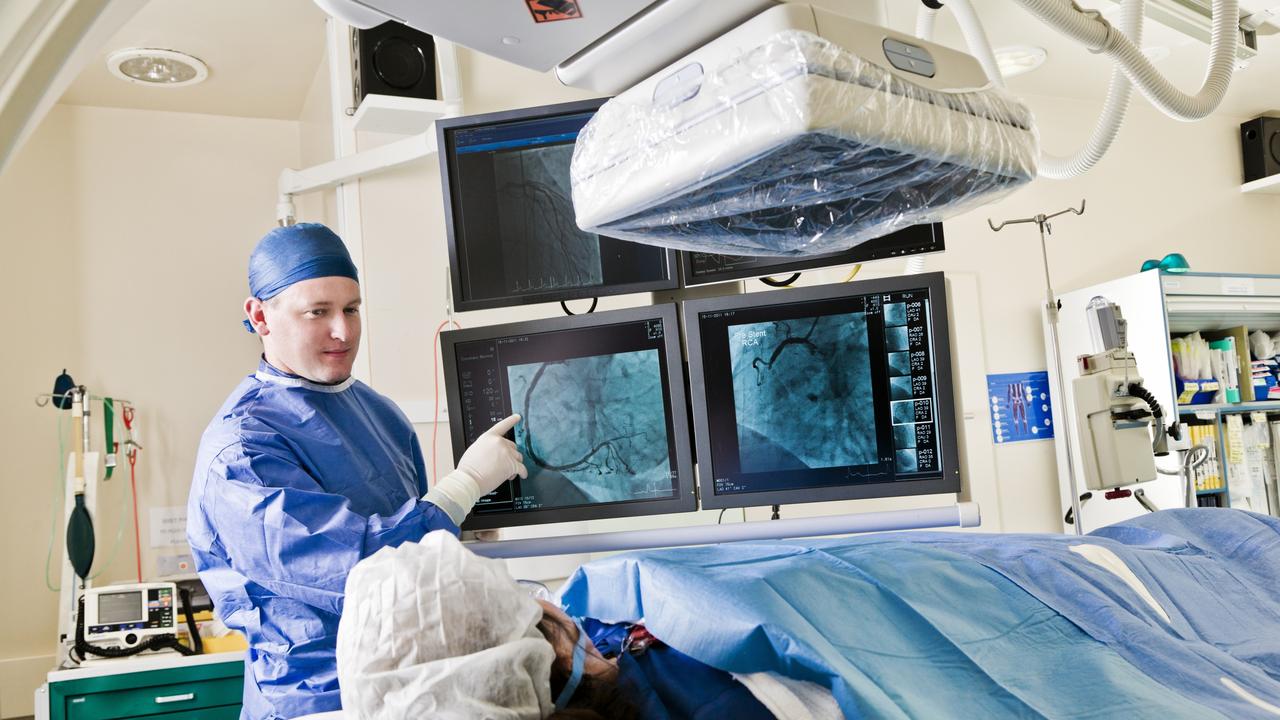
The decision by EBOS to kill its plans to buy Greencross for up to $4bn at the final hour demonstrates a growing theme in the market where investors will not back large equity raisings amid a period of economic uncertainty.
When it came to the reasons why the Greencross deal fell over, firstly, there was the fact that the discount of the $2bn equity raising to fund the acquisition was only at about 10 per cent.
This was not considered steep enough to gain support, despite AustralianSuper taking up shares along with the 18 per cent shareholder Symbos Holdings, owned by The Zuellig Group.
Debt in the current rising interest rate environment market is expensive, and the likelihood is that the company would be unable to source enough funds to finance the transaction without an equity raise.
Shareholders didn’t want to back the transaction over concerns about the price, which was expected to be as high as about $4bn.
Private equity is known to want top dollar for assets, and TPG Capital is considered a particularly tough negotiator.
Sources say that the price for the business, which in 2021 was generating annual earnings before interest, tax, depreciation and amortisation of $220m, appeared too expensive, particularly at a time that sales in the pet care industry had come off the boil following the sales boom amid the global pandemic.
Then there is the fact that Greencross is strategically not core for EBOS the country’s largest pharmaceutical wholesaler.
Only a minor amount of its earnings come from pet retailing, where it owns 50 per cent of pet retailer Animates in New Zealand with Animates and also generates about 10 per cent of its annual earnings from the sale of Black Hawk Pet Food which it owns.
It would leave it exposed to the retail industry in a major way at a time that consumers are curbing spending amid rising costs.
AustralianSuper is the country’s largest superannuation fund and owns a 45 per cent owner of Greencross with the The Healthcare of Ontario Pension Plan, while private equity firm TPG Capital owns the remainder.
The country’s largest superannuation fund was to take EBOS scrip in the deal as payment, but even that was not enough to get it across the line in an environment where equity is hard to raise, even for deals that will add value to earnings.
EBOS, listed in both Australia and New Zealand, announced to the market on Wednesday that the acquisition plans were off.
Trading of shares in EBOS, which is listed in Australia and New Zealand with a $6.7bn market value, had been suspended for a week since they last traded at $35.01 ahead of its Greencross acquisition plans.
The understanding as of Tuesday was that the deal was done as far as the banks working on the equity raising were concerned, although there was some hints at the weekend that negotiations could be shaky.
Yet the latest development comes as a major surprise to the market.
Working on the acquisition for EBOS has been banks Macquarie Capital, UBS and adviser Lazard while Jefferies was advising Greencross.
EBOS moved on Greencross because its net debt is relatively low at $766m and it is running out of growth opportunities in Australia, which was believed to be the rationale for embarking on the acquisition.
It comes after it lost the highly lucrative Chemist Warehouse contract to Sigma from June 2024, as announced over five months ago.
Chemist Warehouse provides the company with $1.1bn annually – 17 per cent of its overall revenue.
DataRoom reported in September that TPG Capital was believed to be testing buyer interest for $3.5bn Petbarn owner Greencross, the largest vet service operation in Australia with more than 160 clinics.
The retail side of Greencross has more than 230 stores operating under the names of Petbarn and City Farmers in Australia, and Animates in New Zealand.
Other equity raisings have been tough in the current market, with industrial company Orora in a trading halt for about a week before it came out with a raising of almost $1.4bn to pay for its EUR1.29bn Saverglass acquisition, selling shares at a discount of just over 20 per cent to their last traded price.
This week, Healius had to scale back its equity raising plans to $187m from over $200m, as its lenders forced its hand when it came to increasing its capital levels, selling shares at a 34.6 per cent discount.
The deal has proved unpopular with investors after proceeds from smart asset sales of businesses including its sale of its general practice clinics business for about $500m to BGH Capital and Montserrat Day Surgery operation to QIC for about $140m used to pay dividends and buy back shares at about $4 rather than more fully pay down debt.
Also not helping the company has been its acquisition of Agilex Biolabs, which has been a challenging investment since the company purchased it for $301m in 2021 and later wrote it down by about $170m, and it appears that it has not stayed on top of its costs in a tough industry environment.
The market will observe with interest results of rivals Australian Clinical Labs, which is attempting to buy Healius, and Sonic Healthcare, which unlike Healius, have not downgraded their earnings.
EBOS shares on Wednesday down 5.4 per cent to $33.11, while Healius shares closed down 33 per cent to $1.22.






